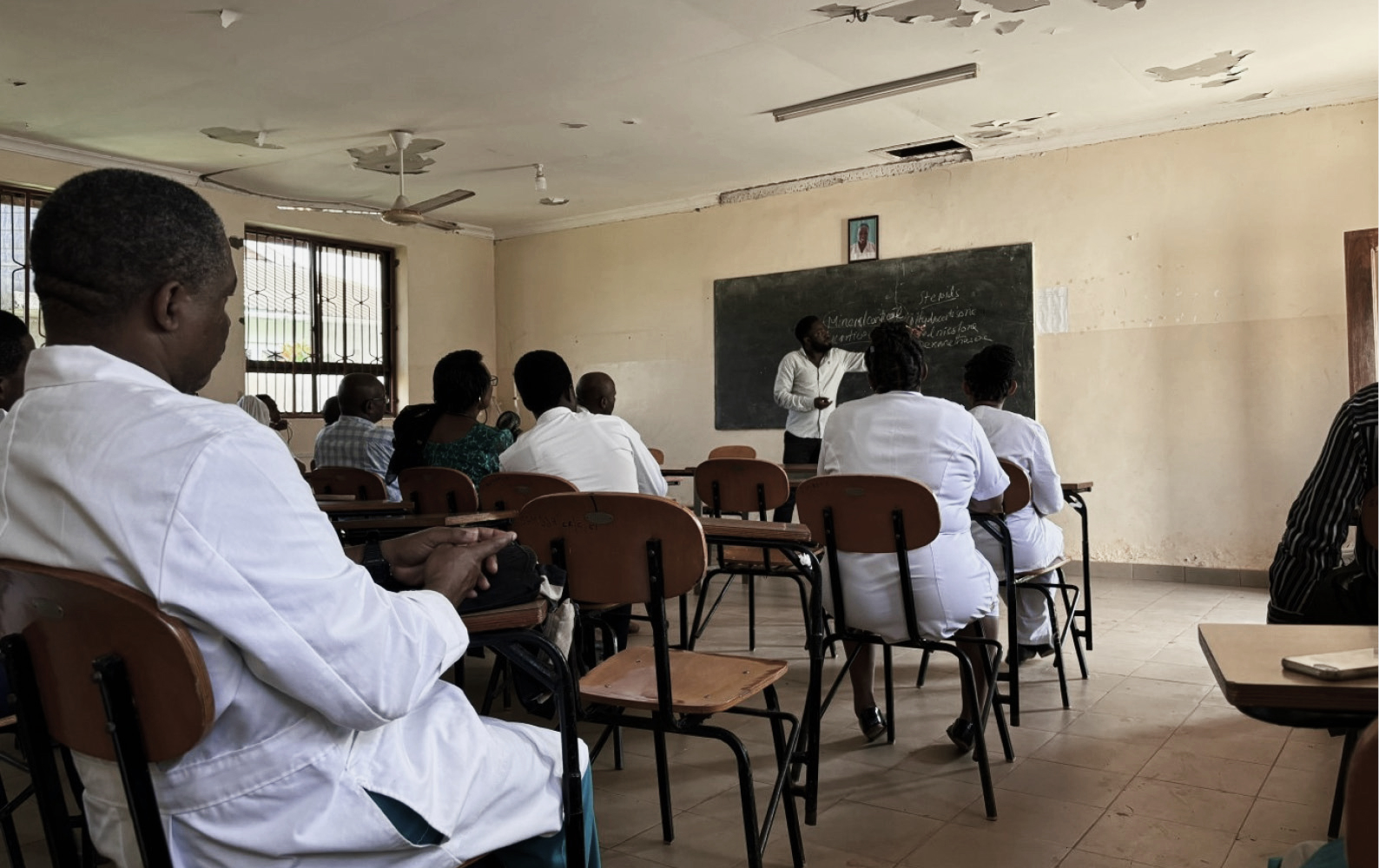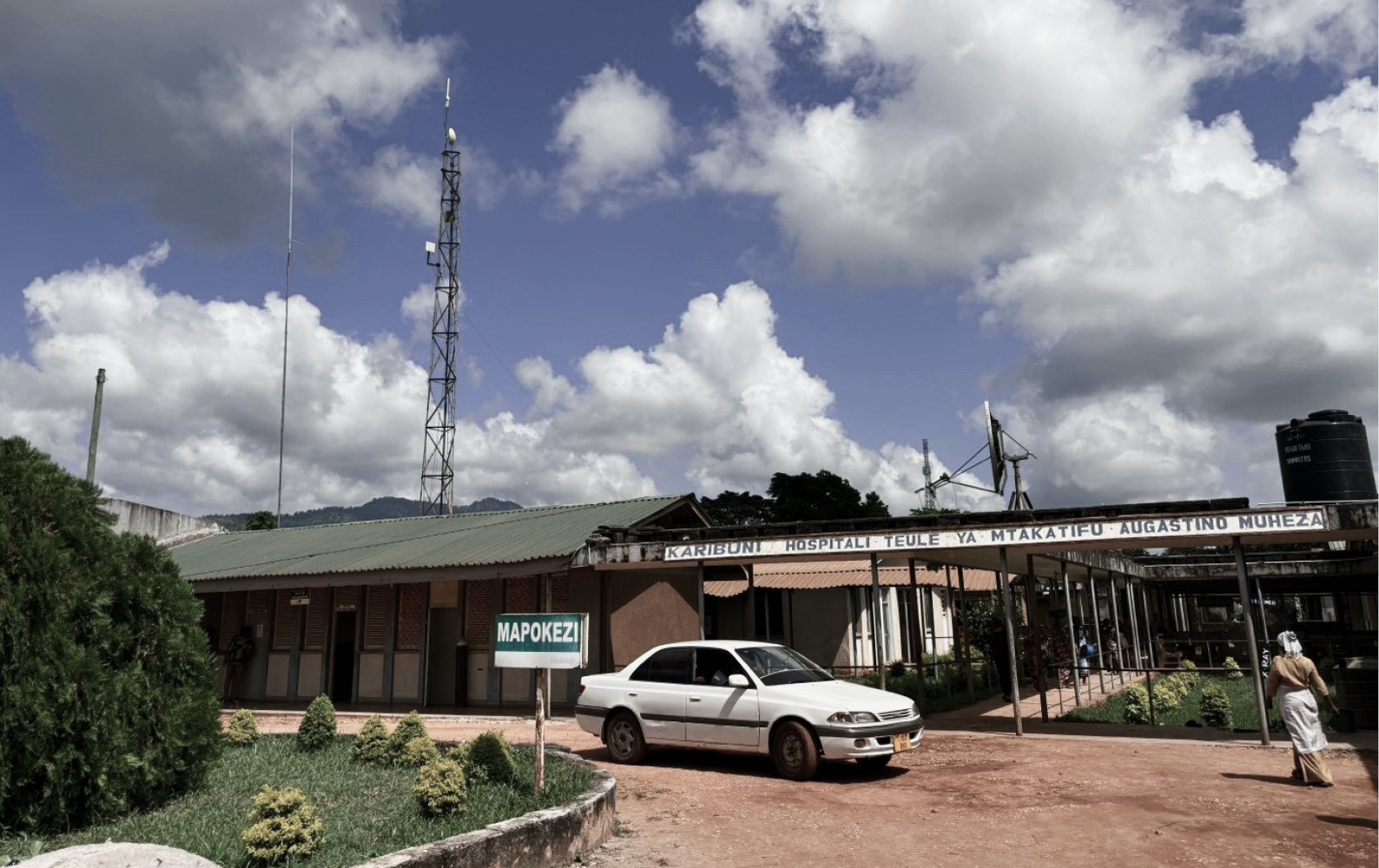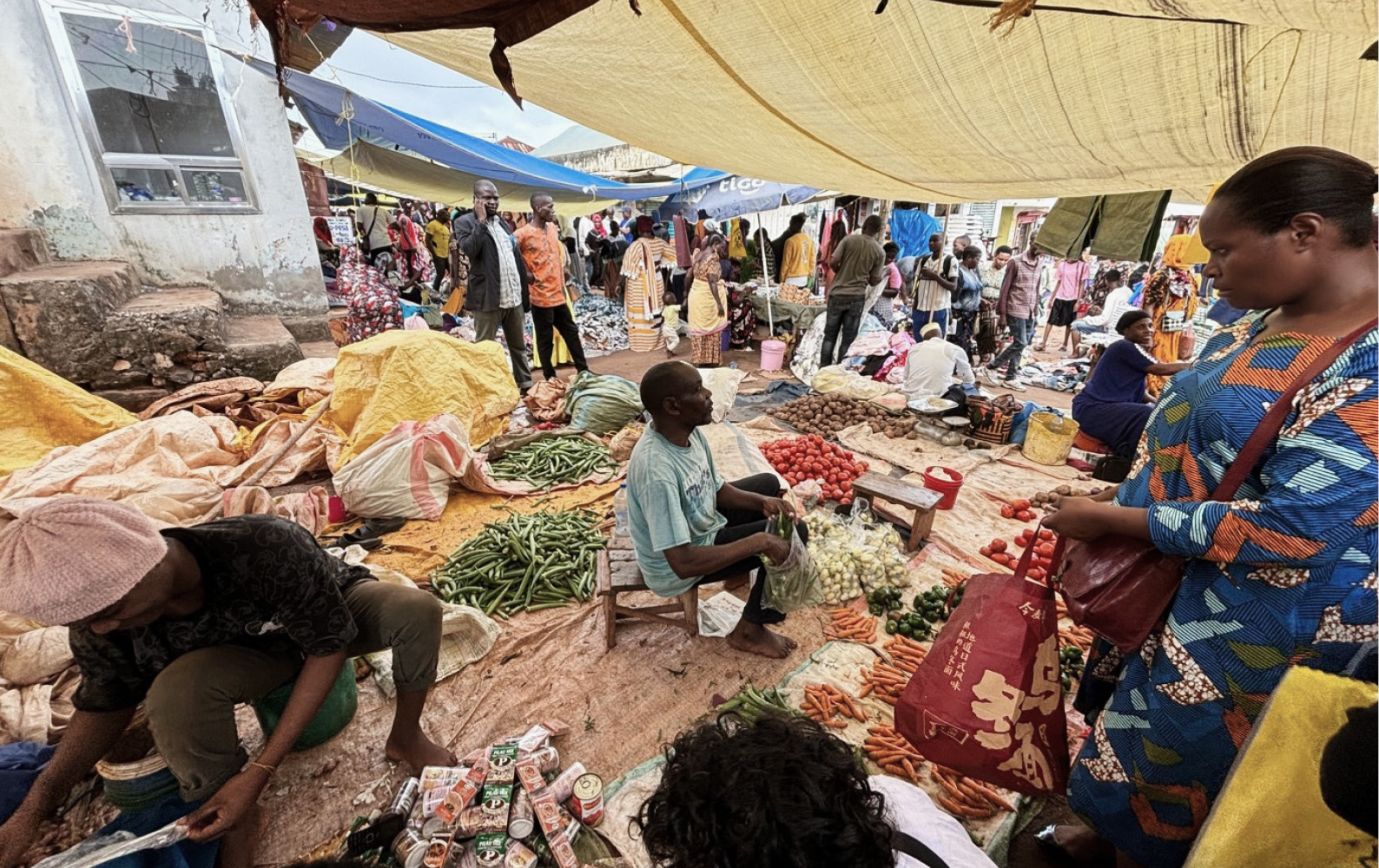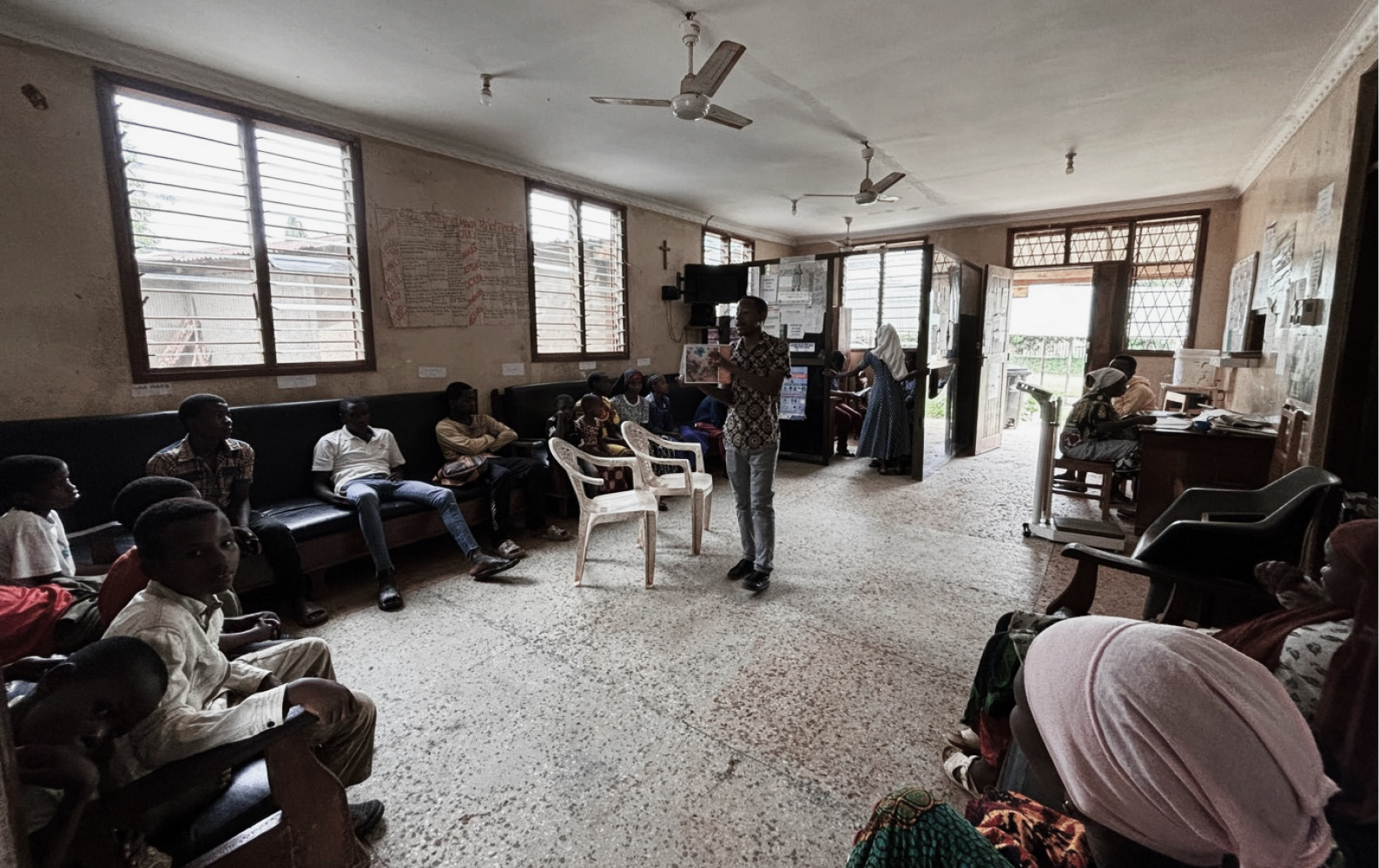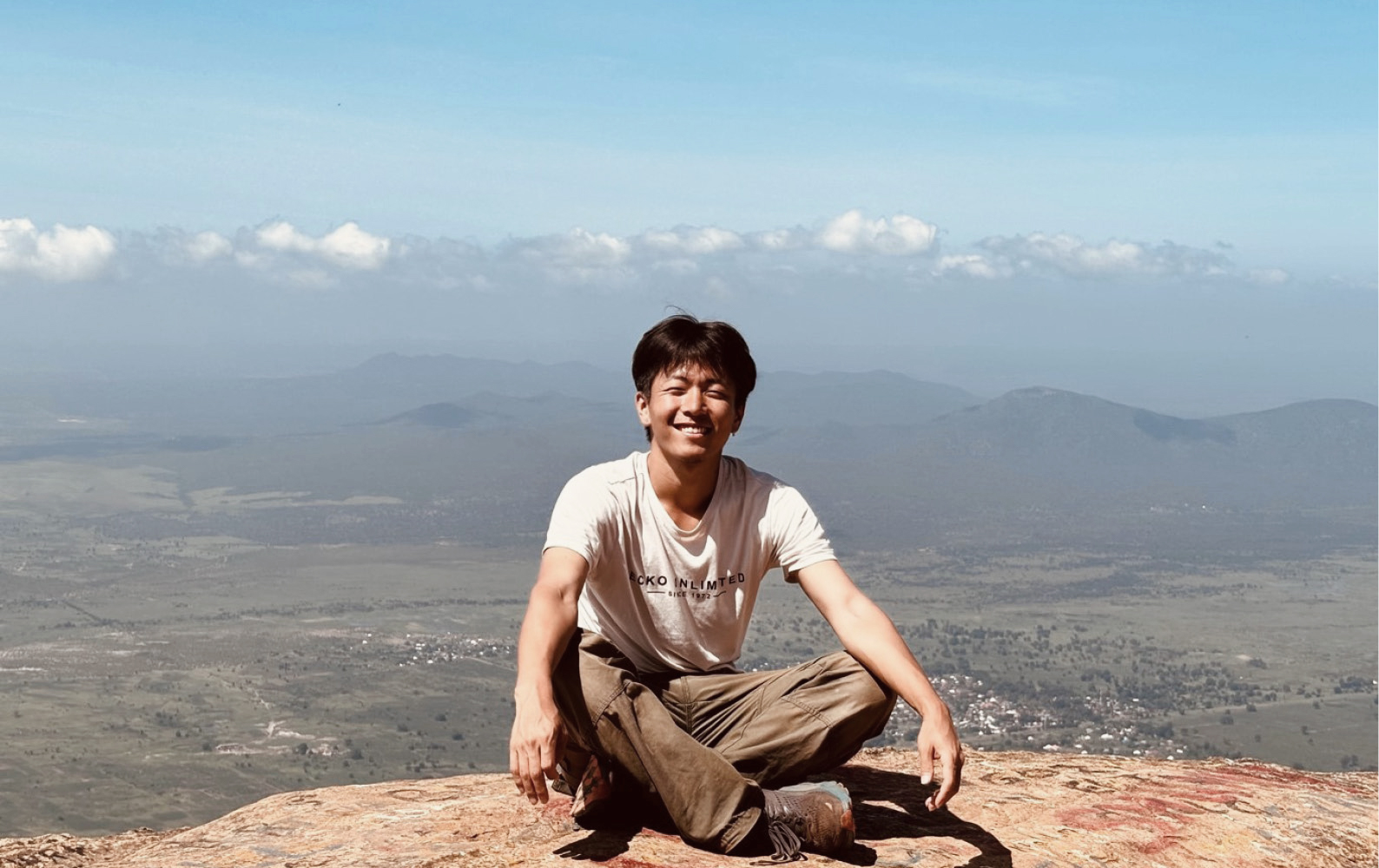Student Banking Package
A banking package to help you through your final two years of study
This banking package includes an everyday bank account with an optional overdraft facility and a Platinum credit card packed with rewards and benefits.
Learn More
